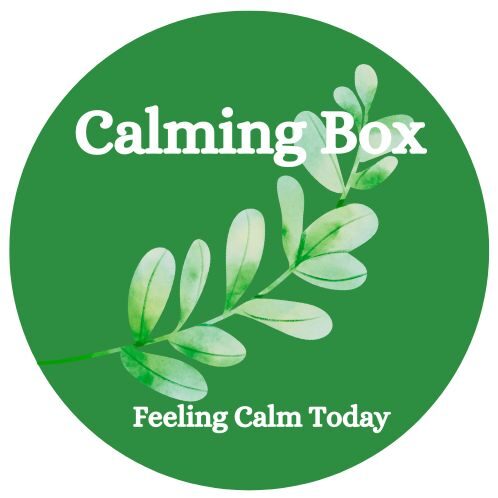Does not being able to relax seem like an impossible dream?
No matter what you try, it always ends in feeling restless including not being able to sit still or listen to others.
Trauma profoundly impacts your ability to relax and find peace. The aftereffects of traumatic experiences manifest as constant anxiety, hypervigilance, and an inability to let go and unwind. Understanding this connection between trauma and relaxation difficulties is essential for healing and regaining a sense of calm.
The Nature of Trauma
Your trauma may come from physical or emotional abuse, accidents, natural disasters, or witnessing violence, early loss of a caregiver like a parent. These leave psychological scars, disrupting the way you perceive and respond to the world around them. Trauma triggers the body’s fight-or-flight response, flooding your nervous system with stress hormones adrenaline and cortisol. While this response is crucial for survival during immediate danger, prolonged activation leads to chronic stress and anxiety. It seems normal to never relax or feel calm.
Hypervigilance and Anxiety
One of the most pervasive aftereffects of trauma is hypervigilance—a heightened state of awareness and alertness. For individuals with trauma, the nervous system remains on high alert, constantly scanning for potential threats. This makes it challenging to relax, as the body and mind are always prepared for danger. Sudden noise, strangers coming close, or a crowded place, trigger intense anxiety and panic, reinforcing the belief the world is unsafe.
The Role of the Body
Trauma affects your body as well. The body holds onto the physical sensations of trauma, leading to chronic pain, tension, and discomfort. Experiencing physical, emotional and physiological means tension in your muscles, making it hard to relax even in safe environments. This physical manifestation of trauma creates a feedback loop where mental stress exacerbates physical symptoms, and vice versa.
Strategies for Finding Relaxation
Healing from trauma and finding relaxation requires a multifaceted approach:
- Therapy: Professional therapy, such as cognitive-behavioral therapy (CBT), eye movement desensitization and reprocessing (EMDR), or trauma-focused therapy, can help process trauma and develop coping strategies.
- Mindfulness and Meditation: Practices like mindfulness and meditation help calm the mind and reduce the constant state of alertness. These practices encourage individuals to focus on the present moment and develop a sense of inner peace. If you are struggling to meditate do not feel you are failing.
- Physical Activities: Exercise releases tension from the body and promotes relaxation. Keep it simple by practising walking when you can. Take the stairs. Park far away and walk instead of driving right to your destination.Activities encourage a connection between the mind and body, fostering a sense of holistic well-being.
- Support Networks: Sharing experiences with others who understand can reduce feelings of isolation and promote healing. Be aware that some folks will not know how to respond to supporting you which is fine. It doesn’t mean you can’t create your own foundation of calm.
- Healthy Routines: Establish healthy daily routines. Regular sleep patterns, daily eating, improve overall well-being and create a sense of stability. Remove alcohol to challenge yourself, reduce coffee especially in single serve cups. Take a break from video games. They are designed to keep you glued to them, denying your long term sustainable platform of calm. Try alternating days to trick yourself into stopping.
Conclusion
Build your fondation of calming using the tools from your calming box.The inability to relax is a struggle for those who have experienced trauma. By understanding the connection between trauma and relaxation difficulties, you can take steps towards healing and reclaiming your sense of peace. Remember, healing from trauma is a journey, and it is okay to experiment and try new things. Find the relaxation and peace you create. Keep going.

